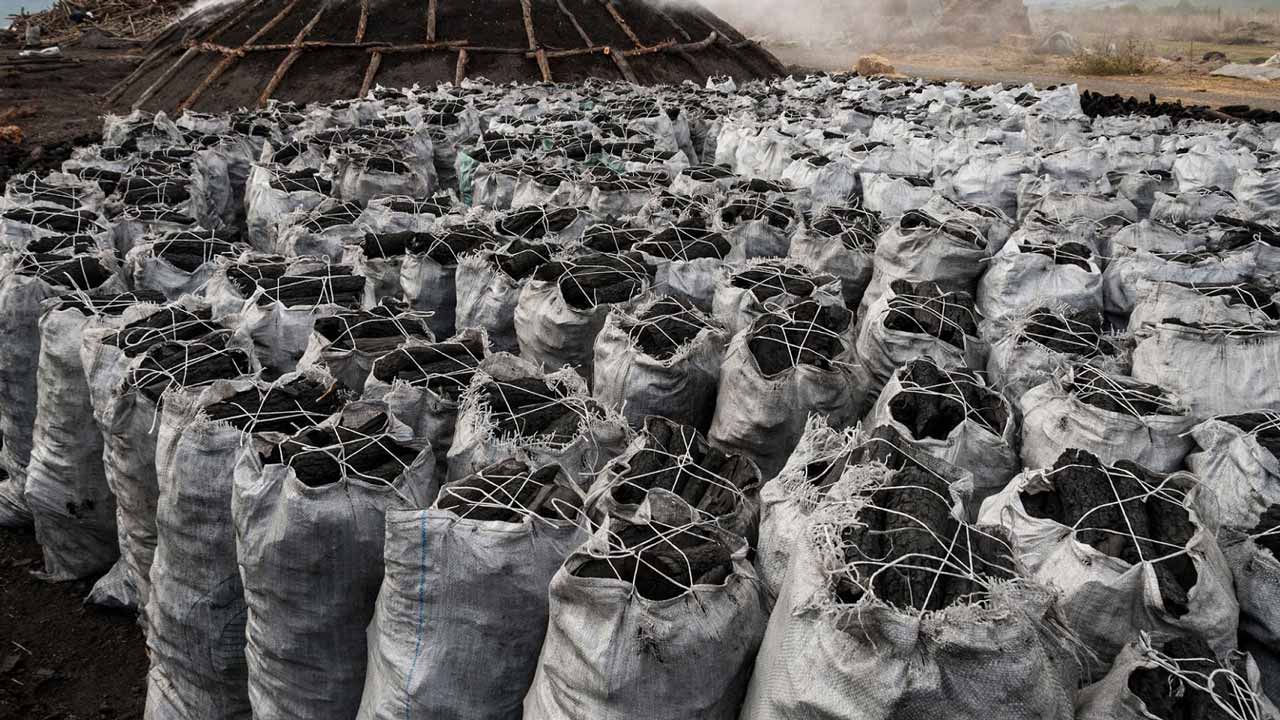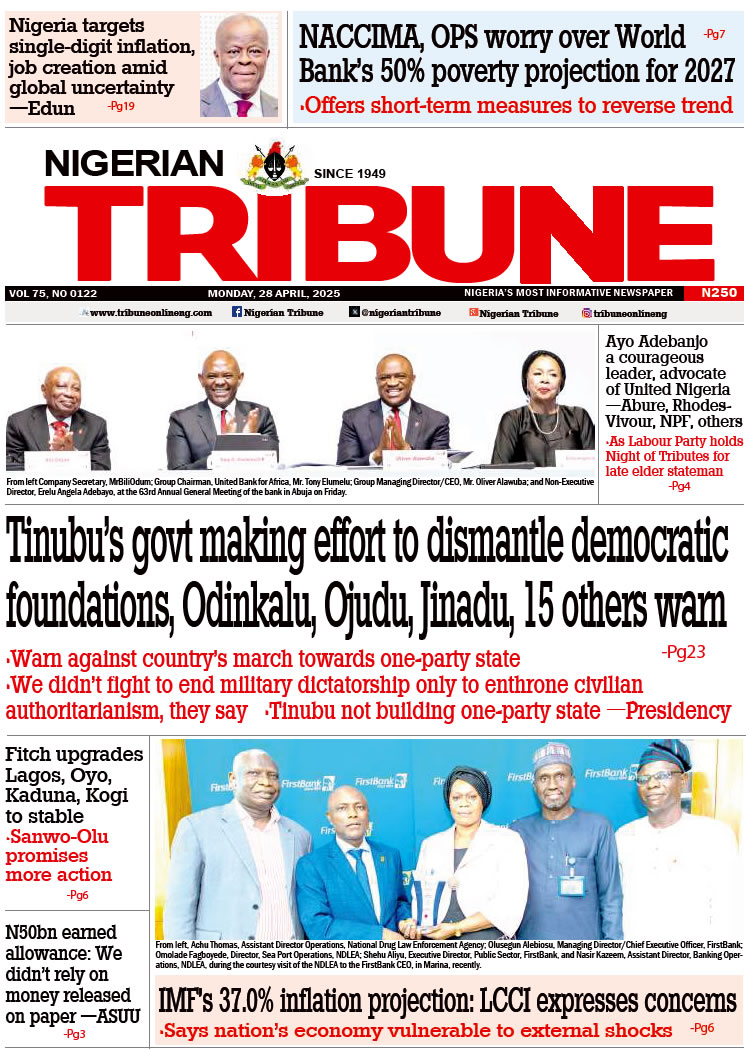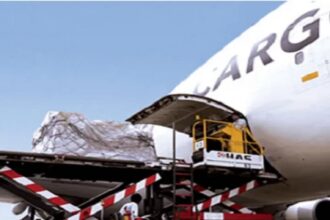Nigeria may be banned from the exportation of wood and charcoal to the European countries if it fails to meet the December 2025 deadline of the Trade Act on the exportation of non-deforestation-related products.
The EU had earlier set a January deadline for the implementation of the Act but later shifted it to December 2025 for its members to comply.
The President of the Association for Forest Conservation and Green Industrial Charcoal Merchants, also known as Charcoal Legality, Barr. Omolola Johnson, dropped the hint at the training programme organised on European Union Deforestation Regulation at the University of Ibadan at the weekend.
She submitted that failure of the country to meet the deadline might rob it off its earnings from the products.
Barr. Johnson stressed the need for a change of narrative, attributing woods and charcoal processing to deforestation that the EU is frowning at.
The training for the non-importers of the products, majority of whom are farmers, according to her, is to let them know that woods and charcoal processing is not a major driver of deforestation as there are many other factors.
According to her, “Wood is not the major driver of deforestation but Agriculture, Housing and population.
“Prior to now, there was regulation for timber. Agriculture is a major driver of deforestation. Population, Housing and what have you are also drivers of population. So there have to be collaborative and joint efforts to combat problems of deforestation and not just finger-point and blame the wood or charcoal.
“We have had experience over the years on compliance with the EU Act, which gave charcoal and wood exporters an edge in understanding that what European Union expects in legality, standard and certification.
“That is the major important of this training. It is to help Nigerians understand the regulation so that we can join hands together from the grassroots level to be able to work with government and all stakeholders to make sure that we domesticate where necessary and get the support from the government and the grassroots level.
“The take home of all the participants is that it is not going to be business as usual. It is not in our benefit if you don’t comply. There was an extension granted by the EU for one year. It was supposed to have become effective from the 1st of January 2025, but it has been extended to December 3. By January 1, 2026, it is going to be implemented.
“We need to make hay while the sunshine and everybody needs to come on board else we will not be able to export their products into the European Union.
“The problem is, the customs, the importer will not be able to clear them into Europe unless it can be proven that goods coming in does not cause deforestation.
“The sooner, the better for non-exporters to come on board.
On the need for further sensitization on the Act, she said, “Beyond awareness, people should understand the impact and the multiplier effect of the cost and effect even as living and breathing organism in Nigeria, you are causing deforestation.
“Everybody is causing deforestation. This regulation stops the finger point on ban wood, ban charcoal. They are not the major driver but contributive factor. It is a wholesome approach”
Also speaking at the event, Mrs Felicia Udeh, Assistant Director, Ministry of Trade and Industry, stressed the need for in-depth knowledge of what deforestation is all about.
According to her, the training is coming at the right time as it will help the participants, the majority of whom are farmers, to have an in-depth knowledge of what deforestation is about.
“In as much the EU has come up with regulation, the sensitisation aspect of it is key. We will know why they are kicking against it because if you don’t have an idea why deforestation should not take place, they will not abide by it.
“However, with this training on the ground, a lot of sensitization, a lot of capacity building will be put in place to create awareness.”








